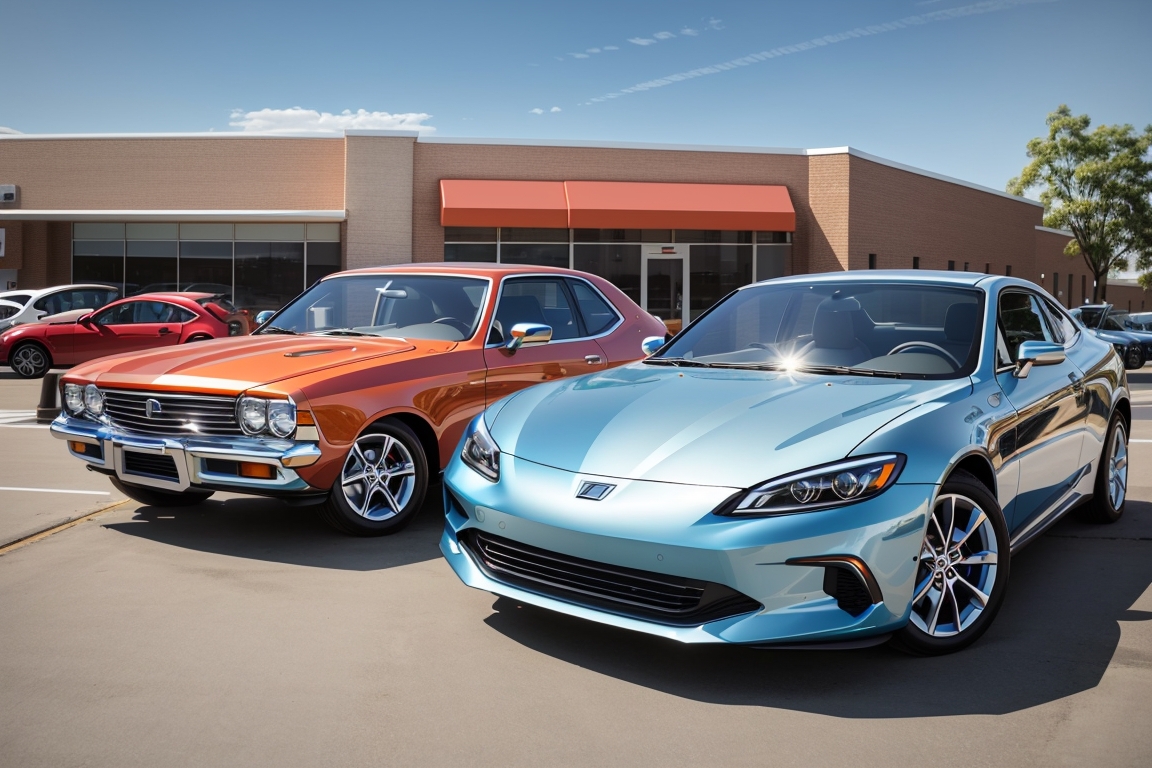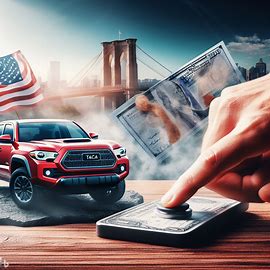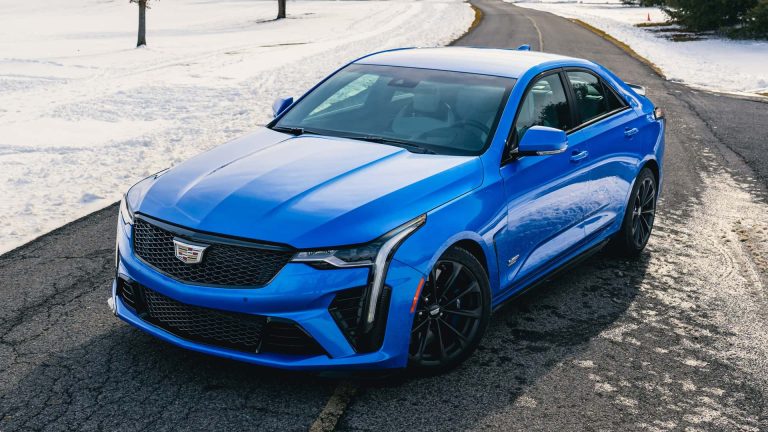New Car vs. Used Car: Making the Right Choice

Are you torn between buying a new car or a used car?
Well, here’s an interesting statistic to consider: did you know that the average car loses around 20% of its value within the first year?
In this article, we’ll help you make an informed decision by comparing the advantages and disadvantages of both options.
From cost and reliability to technology and safety, we’ll delve into the key differences so you can determine which choice is best for you.

Key Takeaways
- Used cars cost less than new cars.
- New cars are highly reliable due to the latest technology and good build quality.
- New cars require significantly less maintenance, especially in the first few months or first 1,000 kilometers.
- Second-hand cars are more affordable than new cars due to depreciation.
Cost: Evaluating the Price Difference
When considering the cost of purchasing a new car versus a used car, you should carefully evaluate the price difference between the two options.
Used cars generally cost less than new cars, making them a more affordable choice for budget-conscious buyers. With a used car, you can get a vehicle that’s a few years old at a significantly lower price compared to a brand new model. This price difference can be substantial, allowing you to save money upfront.
However, it’s important to consider the potential maintenance and repair costs that may arise with a used car. While the initial price may be lower, you may need to invest more in keeping the used car in good condition.
Take into account your budget and long-term financial goals when deciding between a new or used car.
Reliability: Comparing the Long-Term Performance
You should consider both the reliability and long-term performance of a new and used car before making your decision.
When it comes to reliability, new cars tend to have the advantage. With the latest technology and good build quality, they’re highly reliable and require less maintenance, especially in the first few months.
On the other hand, used cars may have a lower depreciation rate and can still retain good value if properly maintained. However, they may come with potential higher maintenance costs and lack modern features and safety technology.
It’s important to weigh these factors against your budget and long-term goals. Ultimately, the choice between a new and used car depends on your individual preferences and needs.
Technology: Exploring the Latest Features
Check out the latest features of your smartphone, including its high-resolution camera and advanced facial recognition technology.
These new advancements in technology have revolutionized the way we use our phones. With the high-resolution camera, you can capture stunning photos and videos with incredible clarity and detail.
And the advanced facial recognition technology ensures that only you can unlock your phone, adding an extra layer of security.
Plus, with features like augmented reality and voice assistants, your smartphone becomes a powerful tool for entertainment and productivity.
Maintenance: Analyzing the Ongoing Expenses
To properly budget for the maintenance of your car, consider both routine servicing expenses and unexpected repair costs.
Routine servicing expenses include regular oil changes, tire rotations, and brake inspections. These expenses are necessary to keep your car running smoothly and prevent any major issues from arising. It’s important to budget for these routine expenses as they’re part of the overall cost of owning a car.
In addition to routine servicing, it’s also important to budget for unexpected repair costs. These can include things like a broken alternator, a faulty transmission, or a blown gasket. These repairs can be expensive, so it’s important to set aside some money each month for these unexpected expenses.
Financing: Understanding the Loan Options
An understanding of the loan options is essential when financing a car purchase. When it comes to financing, there are a few options available to you.
First, you can choose to finance through the dealership. This option often offers convenience and quick approval, but it may come with higher interest rates.
Second, you can opt for a bank loan. This option allows you to shop around for the best interest rates and terms, but the approval process may take longer.
Lastly, you can consider a credit union loan. Credit unions often offer competitive rates and personalized service, but you must be a member to be eligible.
Whichever option you choose, it’s important to carefully consider your financial situation and compare loan terms to ensure you make the best decision for your needs.
Depreciation: Examining the Resale Value
Have you thought about the resale value of your car and how it may be affected by depreciation? When considering whether to buy a new or used car, understanding how depreciation impacts the resale value is crucial.
New cars tend to depreciate faster, losing a significant portion of their value in the first few years of ownership. This means that if you decide to sell your new car after a short period, you may experience a substantial loss in value.
On the other hand, used cars have a lower depreciation rate, and if properly maintained, they can retain good value when reselling.
Safety: Weighing the Protection Offered
You should consider the number of safety features offered when comparing a new car to a used car. Safety is a crucial aspect to consider when purchasing a vehicle, as it directly impacts the well-being of you and your passengers.
New cars often come equipped with the latest safety technologies, such as advanced driver assistance systems, blind-spot monitoring, and lane-keeping assist. These features enhance your driving experience and provide an extra layer of protection on the road.
On the other hand, used cars may lack some of these advanced safety features, especially if they’re older models. However, it’s important to note that not all used cars are devoid of safety features; some may still have essential ones like airbags and anti-lock braking systems.
Ultimately, when choosing between a new car and a used car, carefully assess the safety features offered to ensure the highest level of protection for you and your loved ones.
Conclusion
In conclusion, whether you decide to go for a brand new car or a used one ultimately depends on your needs and budget.
Consider the cost, reliability, technology, maintenance, financing, depreciation, and safety features to make the right choice.
Remember, as the saying goes, ‘Sometimes the best ride is the one that fits your style and wallet.’
So, weigh your options carefully and enjoy the journey ahead!






